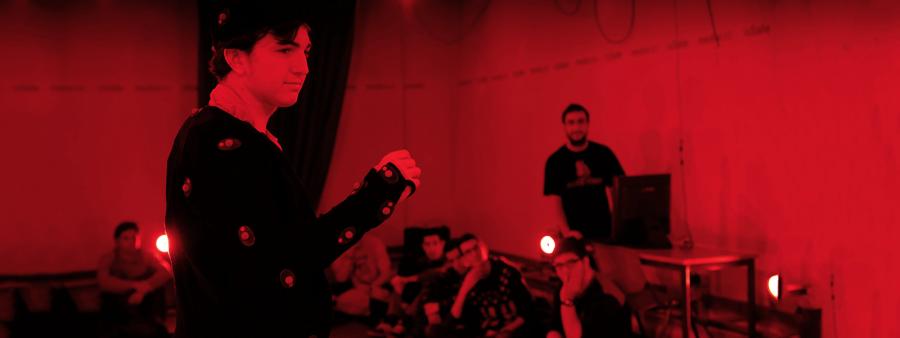Researchers at La Salle-URL develop a system that geolocates videos based on their audiovisual content

Members of the Research Group in Media Technology of La Salle Campus Barcelona - URL have developed a system to facilitate geolocation videos, which allow us to know where they have been recorded. This opens the door to many applications that validate the actual location of a large number of videos that are posted on the network and can be especially useful for companies. The new system could be used in cases of missing people and situations of crisis, as well as to improve audiovisual searches on Internet. It can also be useful for recreational and leisure purposes. The research group formed by Xavier Sevillano, Xavier Valero and Francesc Alías has designed a system that improves geolocation by incorporating audio, a parameter that had not been taken into account in studies of this type. To do this, videos that had no text reference that would help the geographical location worldwide were used. The system designed uses visual sets of video frames and also their audio. These parameters are merged and grouped, and through a computer algorithm designed by the researchers, are compared with videos previously captured and geolocalized all around the world, in order to get their location on the map (the study has used a base of about 10,000 geolocated sequences). The results are the geographical coordinates where it is more likely that the video was recorded. Researchers almost quadruple the accuracy of geolocation over existing systems based on the same database: 1% of cases at 1km; 3% approached within 10km; and 7.4% at 100km.These results represent a great breakthrough in studies of this specific area and in the future it may be possible to continue testing the system with a broader base of data. The study was published in the Information Sciences journal.
Add new comment